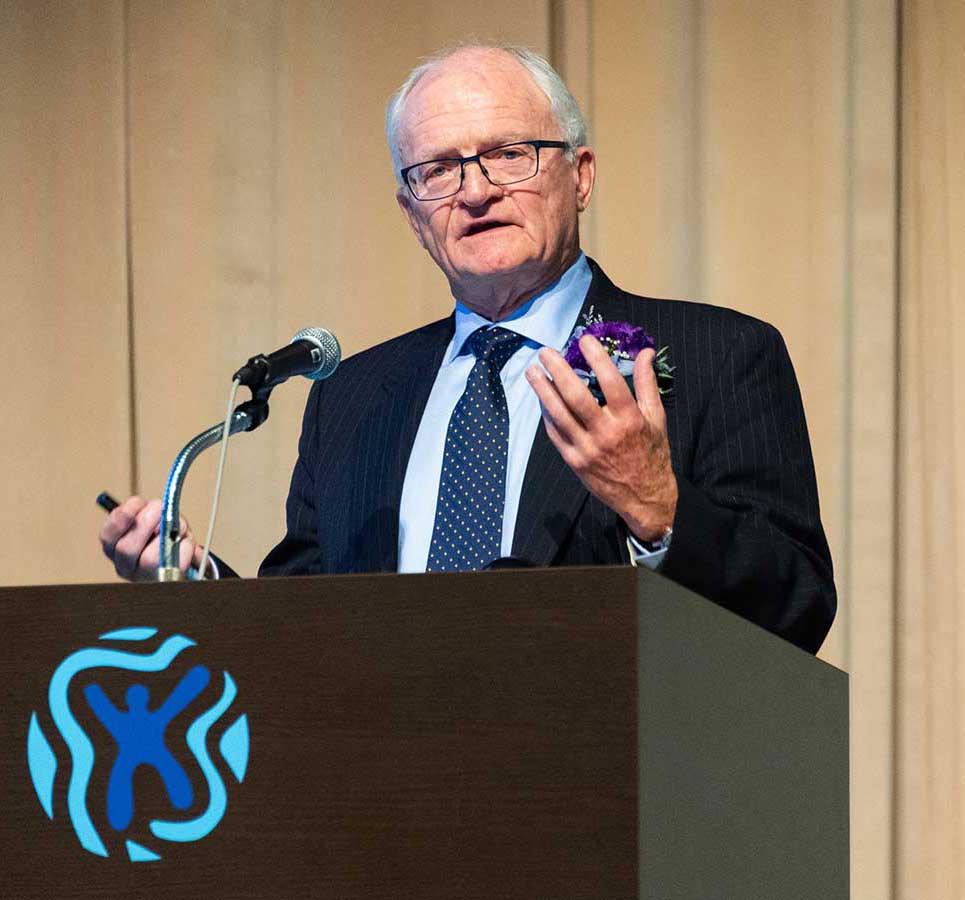Young researchers at CSIRO and the RA strive to advance research on resilience with the desire to contribute to the future of the Earth. To do this, they endeavor to help the public understand that significant changes are important for society. Professor Walker feels very encouraged by them.
- Editor-in-chief
- Itaru Yasui, Former Vice-Rector, United Nations University / Professor Emeritus, The University of Tokyo
Address from the Editor-in-Chief - Editorial supervisor
- Kanehiro Kitayama, Professor of Forest Ecology, Kyoto University
- (Affiliation is at that time of release.)







